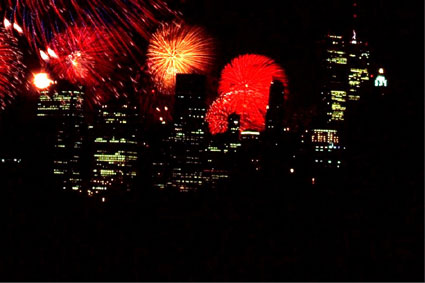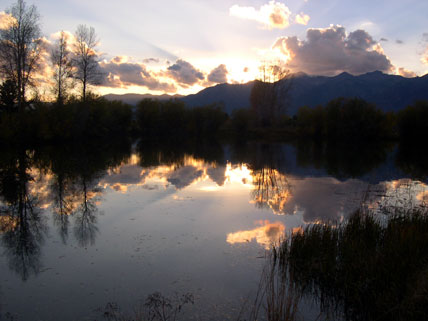Our regular listen to and look at living, breathing composers and performers that you may not know yet, but I know you should… And can, right here and now, since they’re nice enough to offer so much good listening online:
Let’s go a little further east, via a couple netlabels (online labels that offer freely downloadable, full-length MP3 “CD”s, usually with accompanying notes and cover artwork)
Nexsound (Ukraine)
 They’ll tell you: Nexsound has been dedicated to the unusual and experimental music, both acoustic and electronic, that could be of any style and trend released on CDs and MP3 files. The term that describes music released by Nexsound best is probably “environmental music”, and it is often like “indocile ambient”. Nexsound music envelops you, listening to it feels like immersing into the very special atmosphere that this music creates, and thus it is intended rather for private listening. We pay the very special attention to the package of CDs released, so they look and feel very nice.
They’ll tell you: Nexsound has been dedicated to the unusual and experimental music, both acoustic and electronic, that could be of any style and trend released on CDs and MP3 files. The term that describes music released by Nexsound best is probably “environmental music”, and it is often like “indocile ambient”. Nexsound music envelops you, listening to it feels like immersing into the very special atmosphere that this music creates, and thus it is intended rather for private listening. We pay the very special attention to the package of CDs released, so they look and feel very nice.
From the year of 2003 we’re also responsible for organizing concerts in Ukraine. From May, 2005 Nexsound hosts international festival for electronic music and visual arts – Detali Zvuku. Founded in 2000 by Andrey Kiritchenko in 2000 in Kharkiv city, Ukraine, Nexsound is currently being operated by Dmytro Fedorenko (Kotra) as well.
Besides traditional “for-sale” CDs, there’s a whole section of MP3-only releases; for the modern classical folks I’d especially recommend To Escape, To Breathe, To Keep Silence, by the young composer Alla Zagaykevych.
Musica Excentrica (Moscow) 
Like they say: Musica Excentrica is a netlabel, based in Moscow, Russia, producing selected avantgarde post-music in non-entertainment genres (acoustic as well as electronic). In general, we are making music distribution in the internet as online label.
Mainly electro and improv, this label also carries a compilation of pieces composed as tributes to the memory of Iannis Xenakis, as well as Polina Voronova’s Luxurious, awarded an “Honorary Mention” in the digital music category at the Prix Ars Electronica / International Competition for CyberArts 2007.


